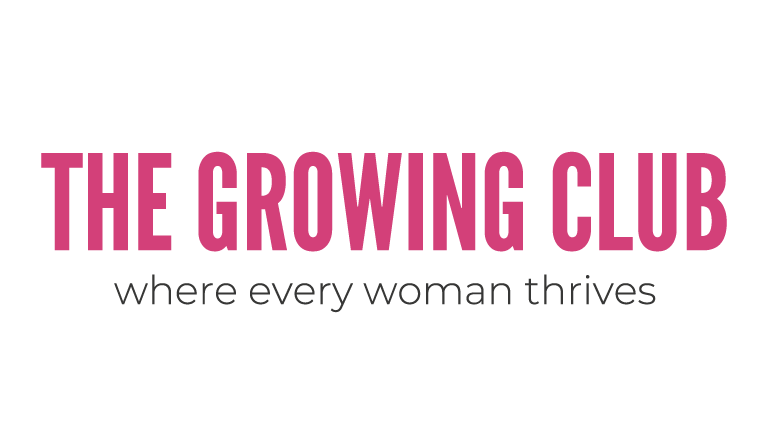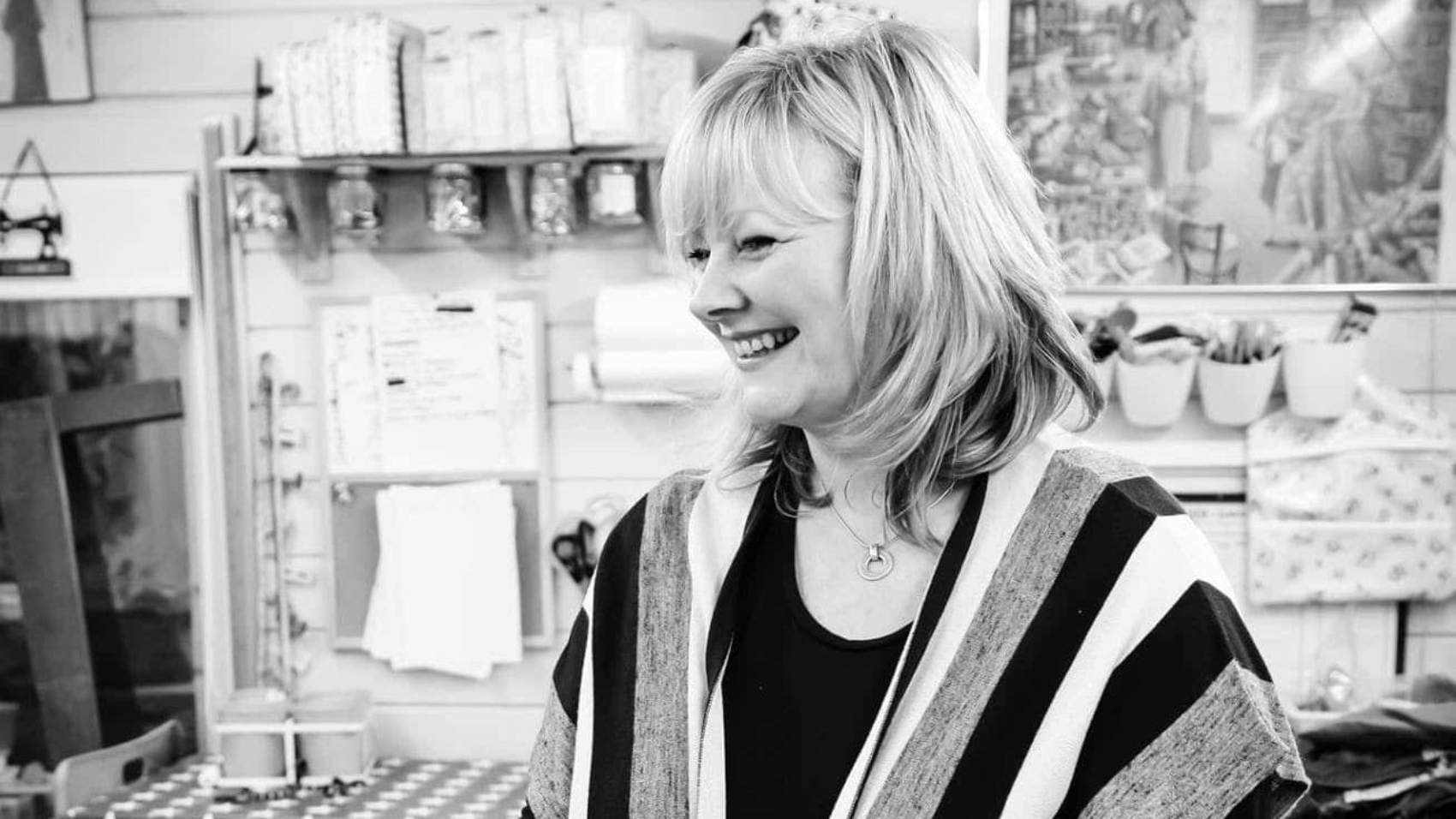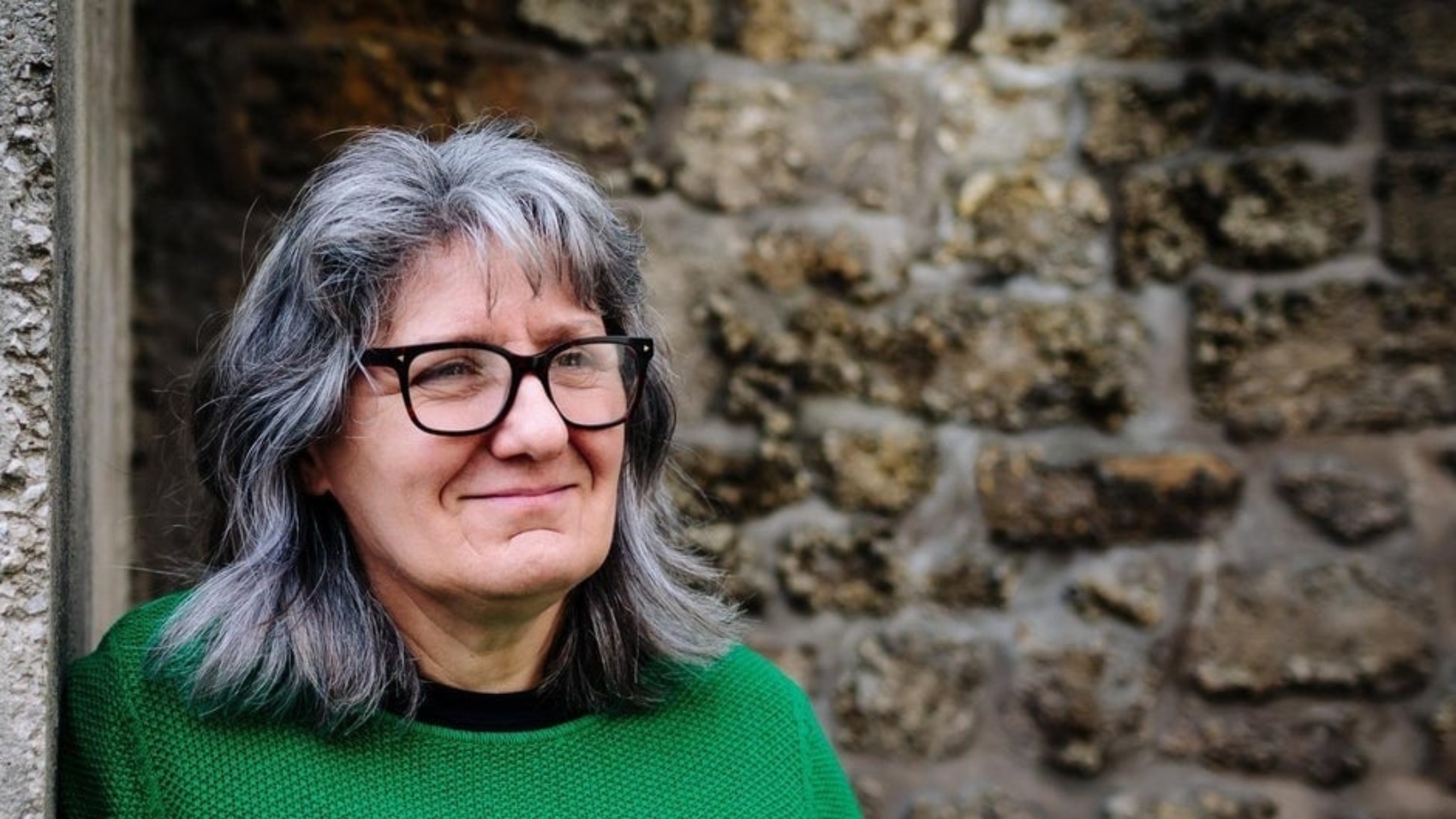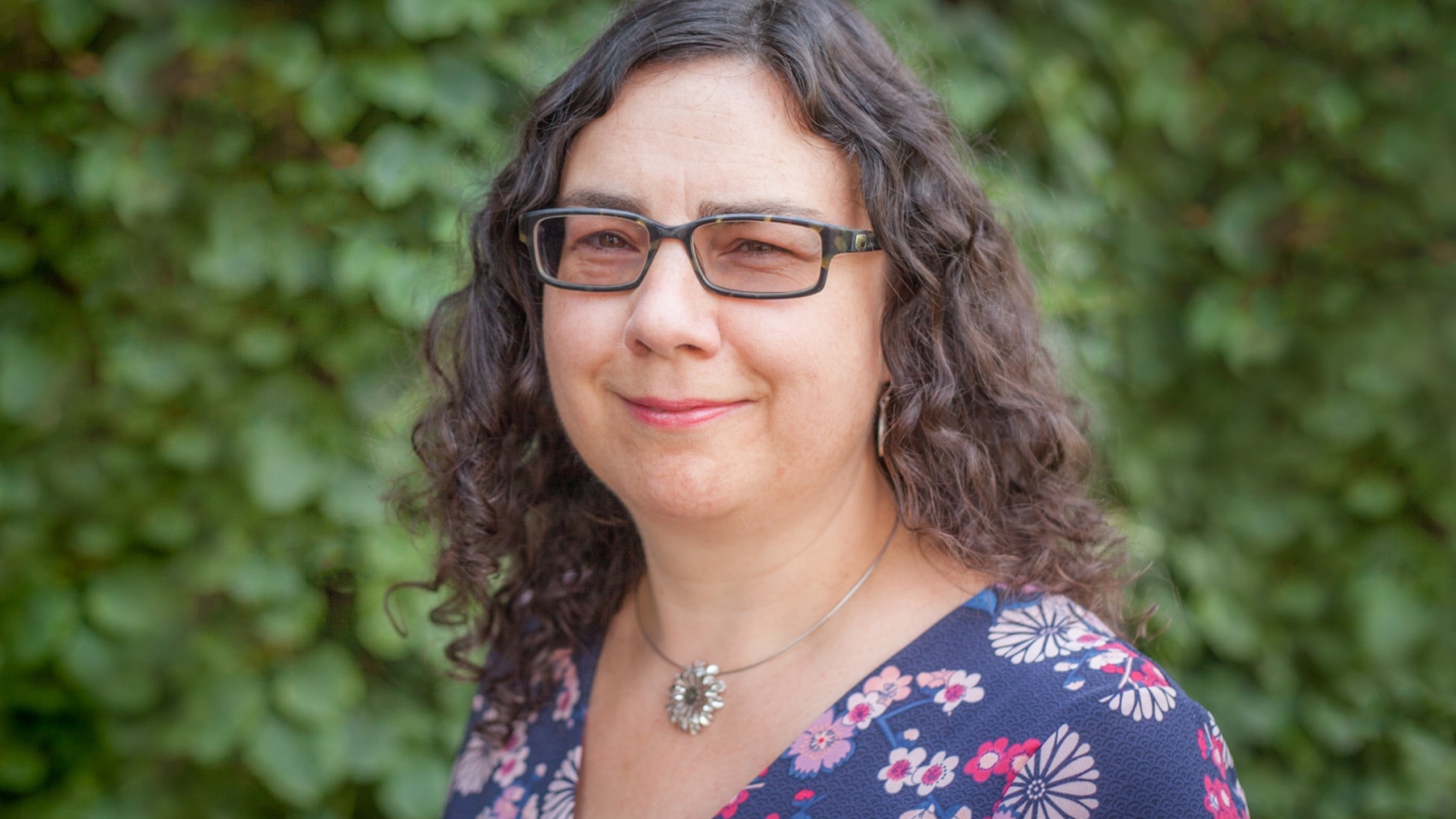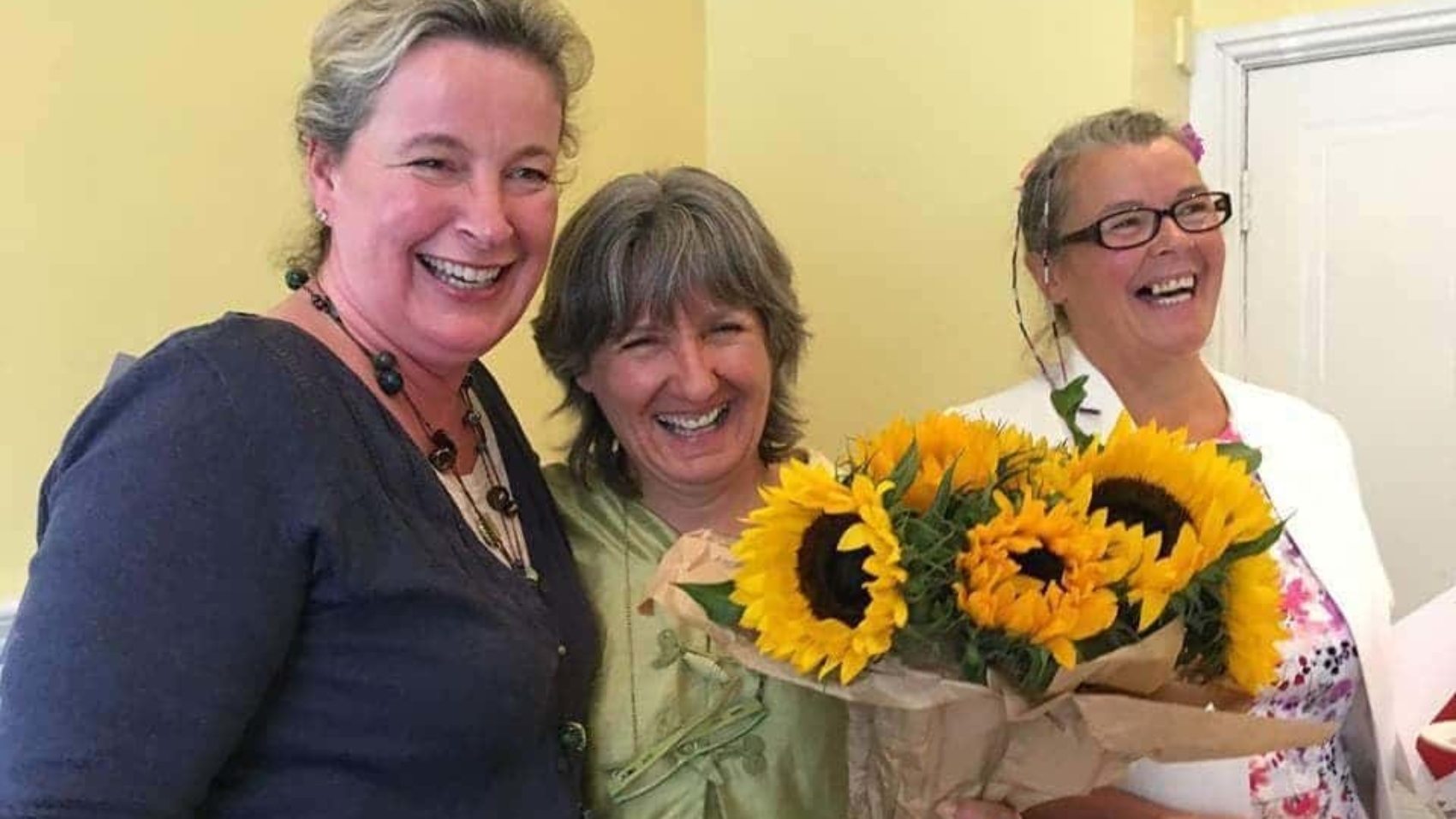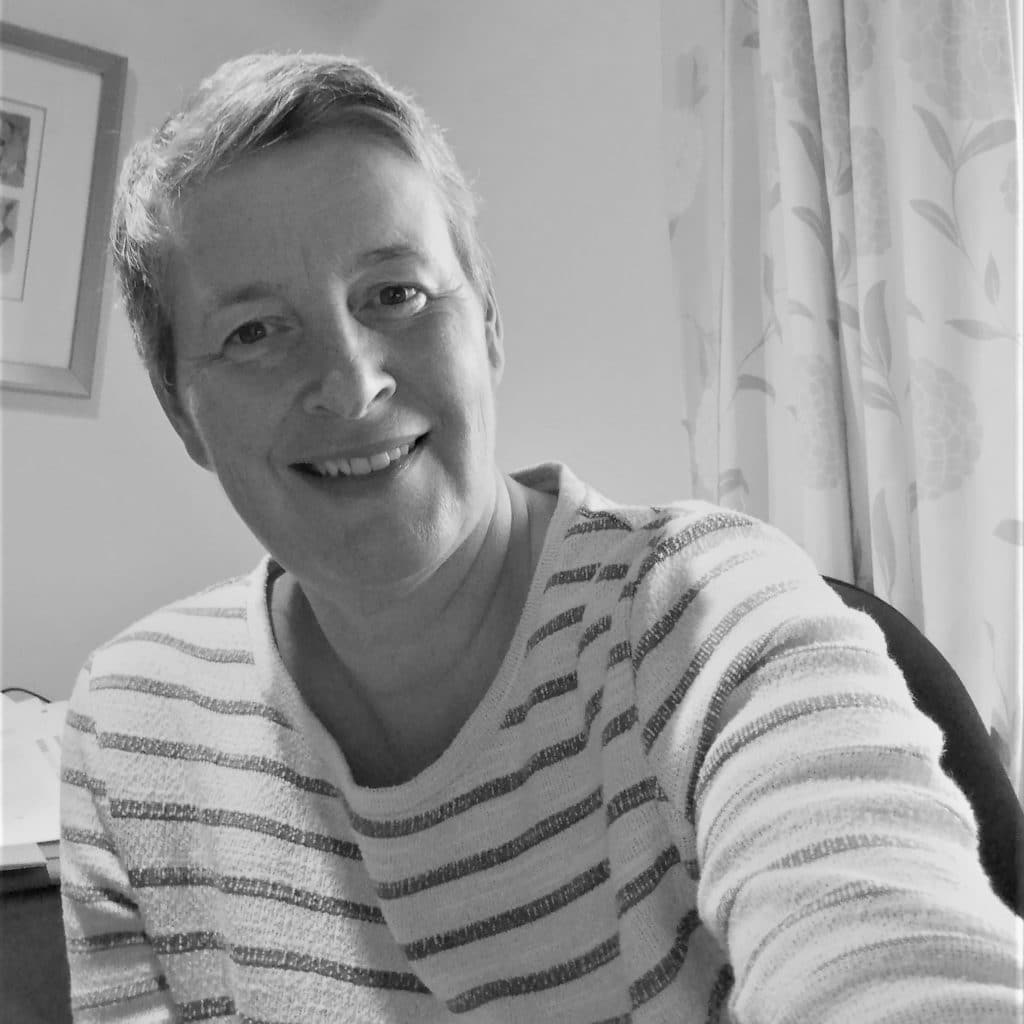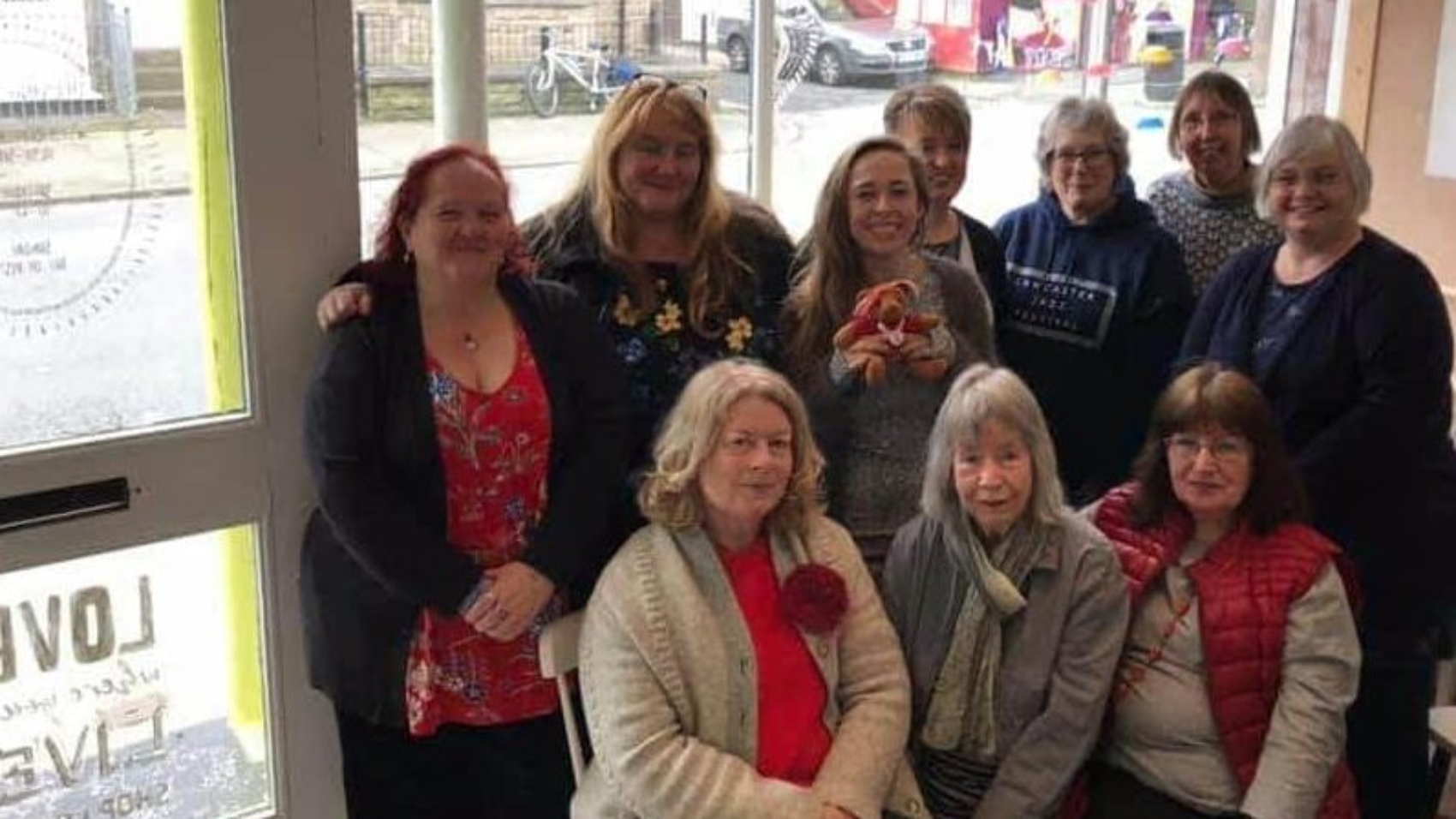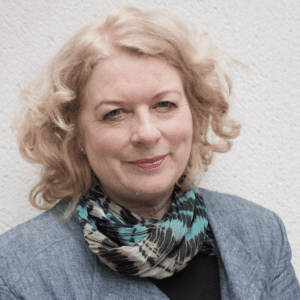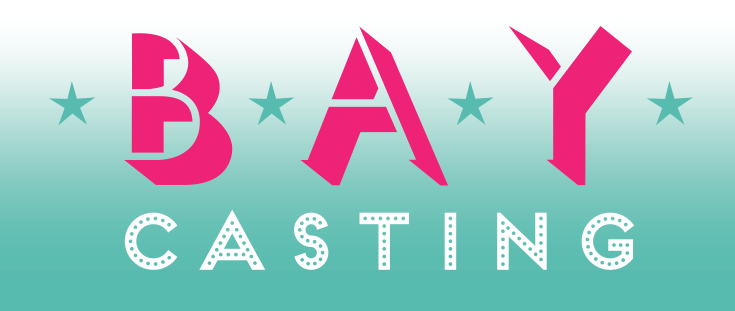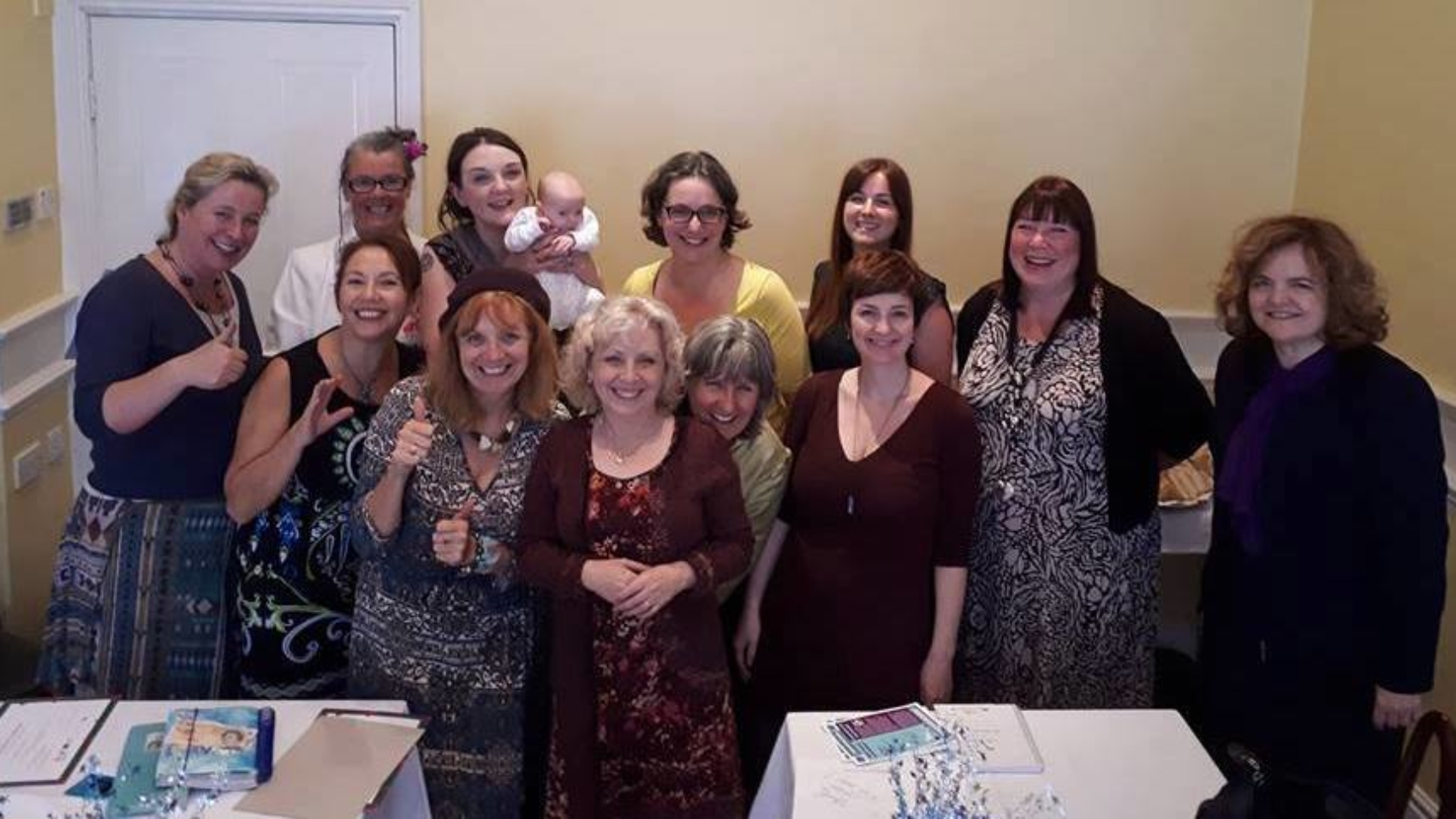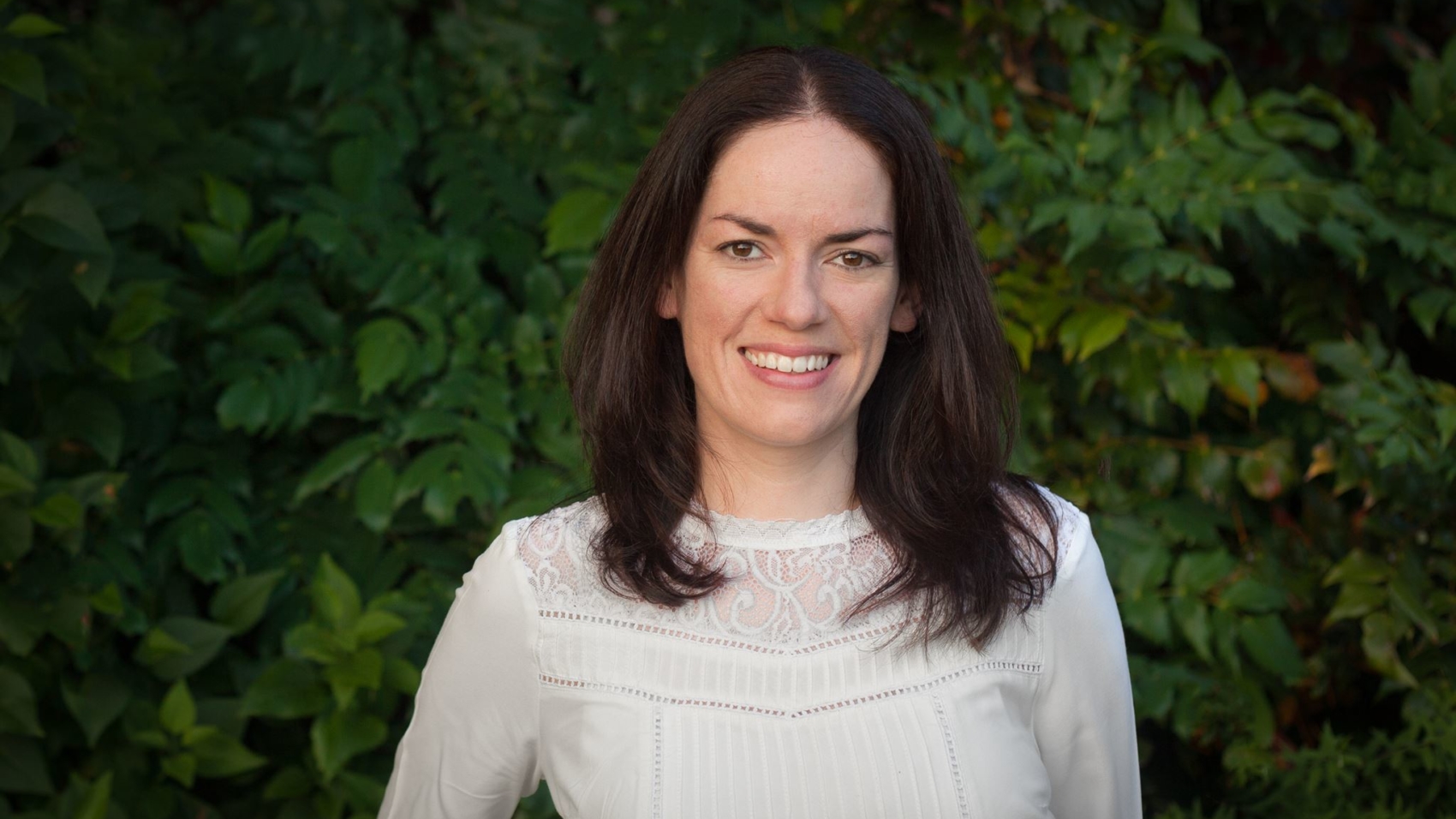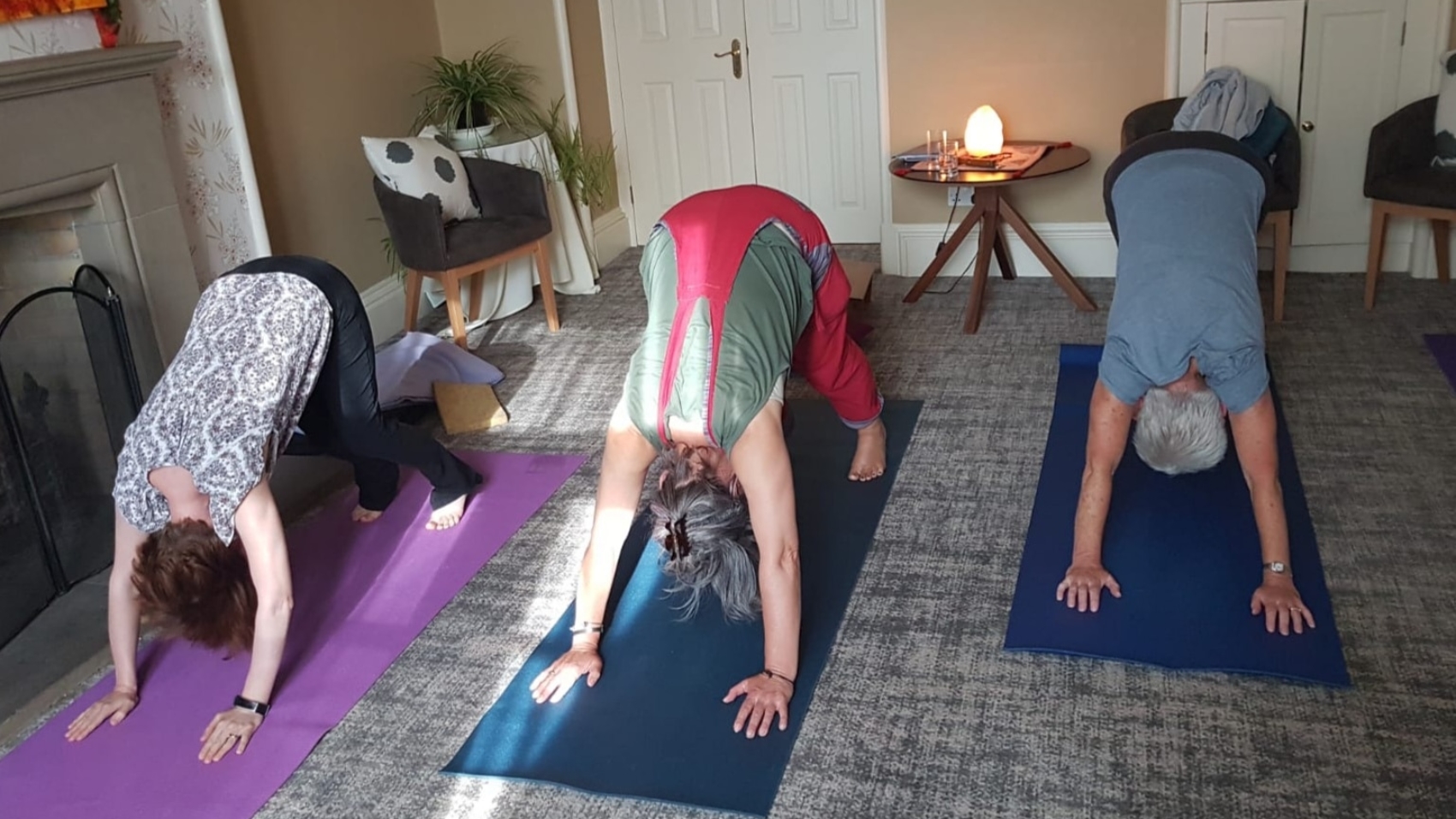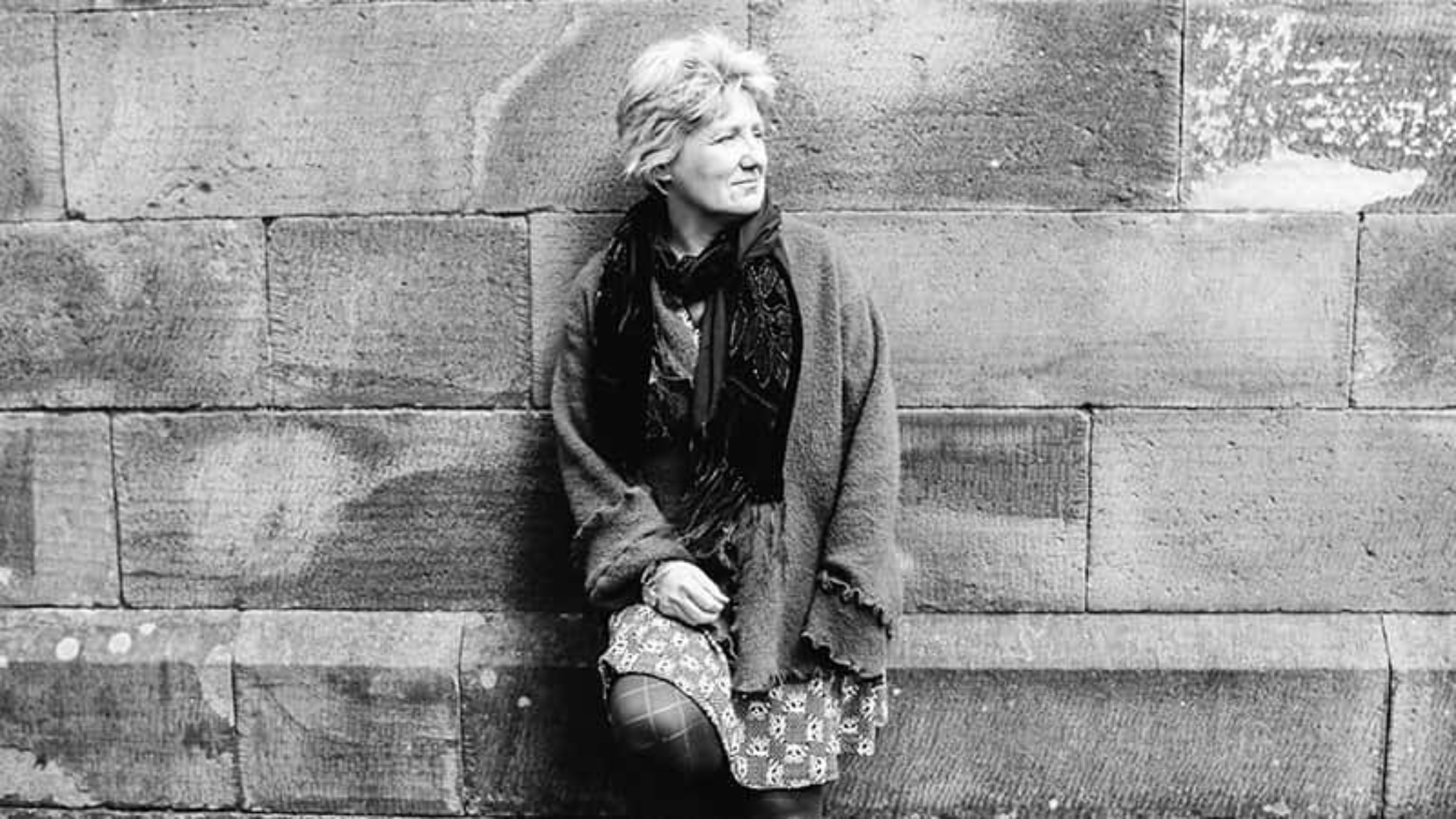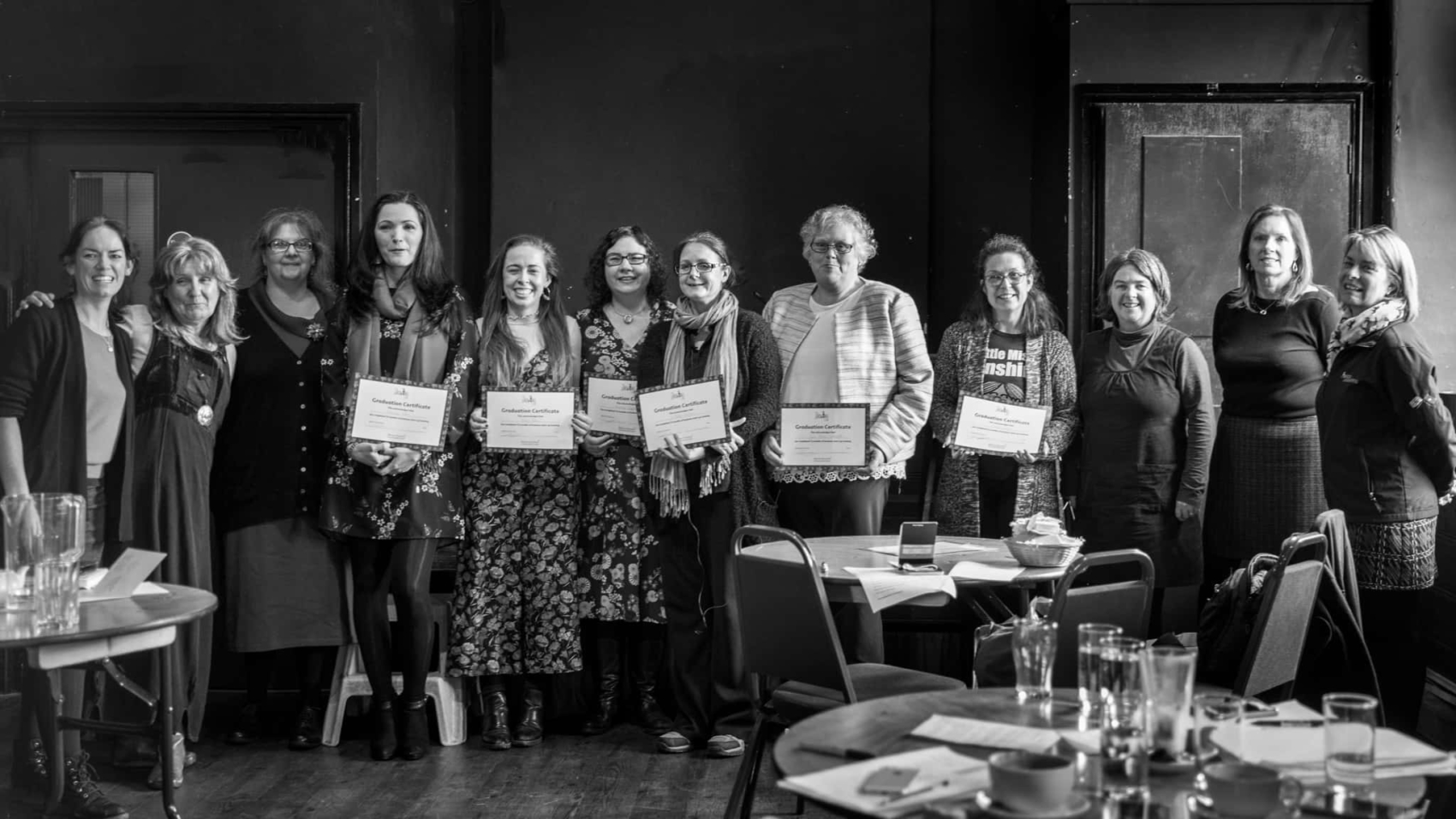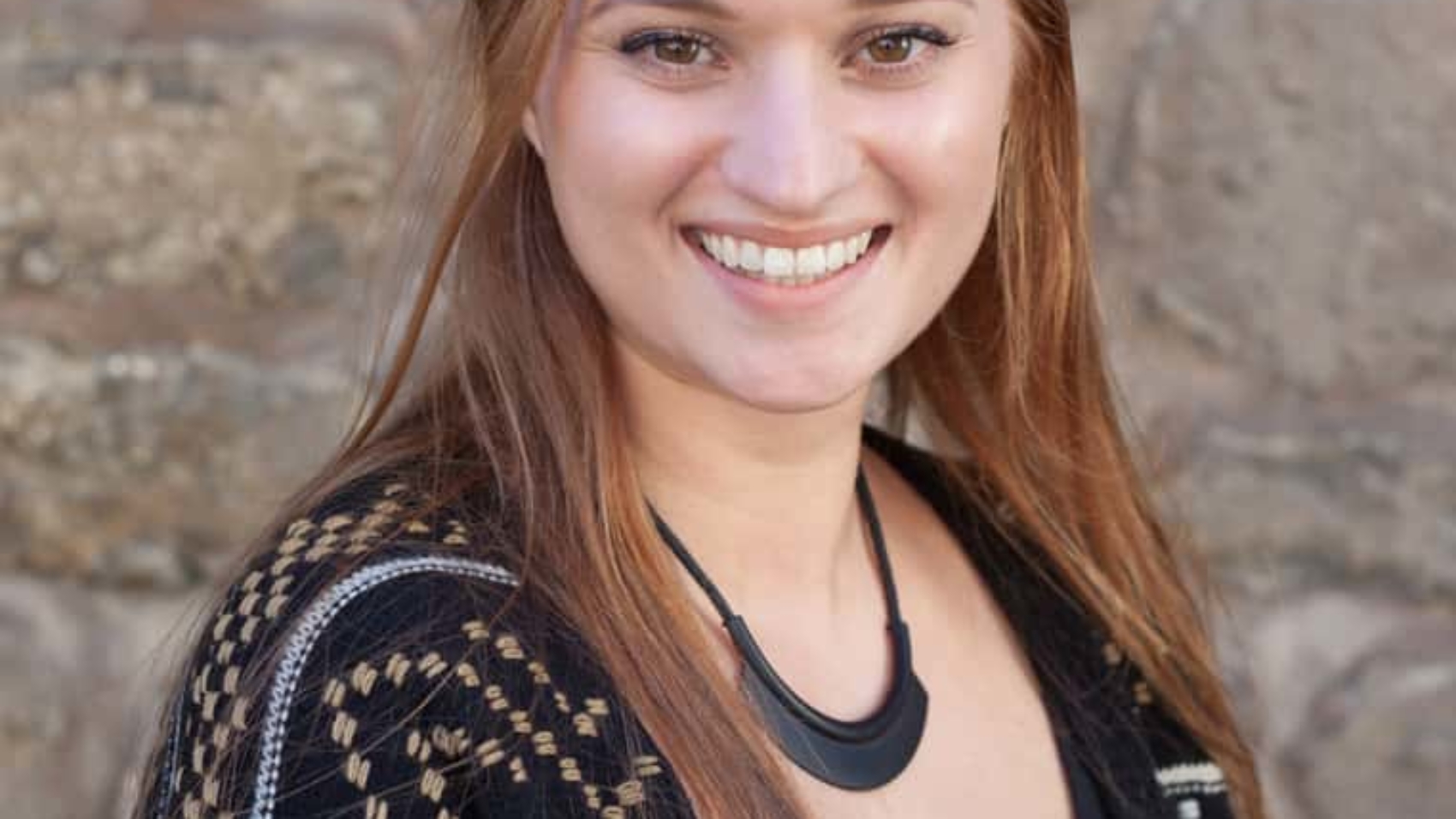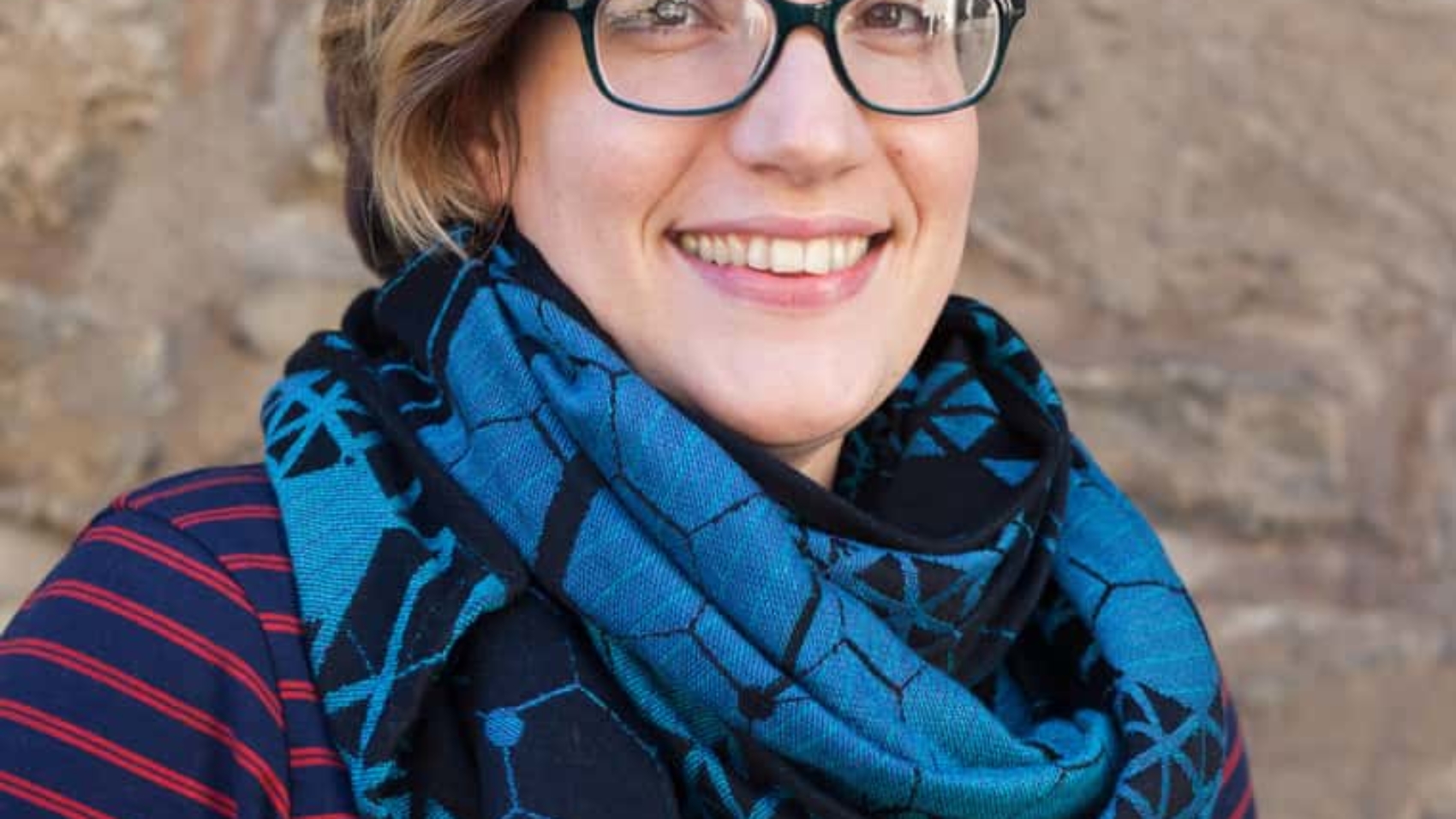My experience of being a woman in business during Covid-19 pandemic
My name is Amanda Gallagher and I am the owner of Tinbox Angel, which is a micro-manufacturer of handbags and accessories.
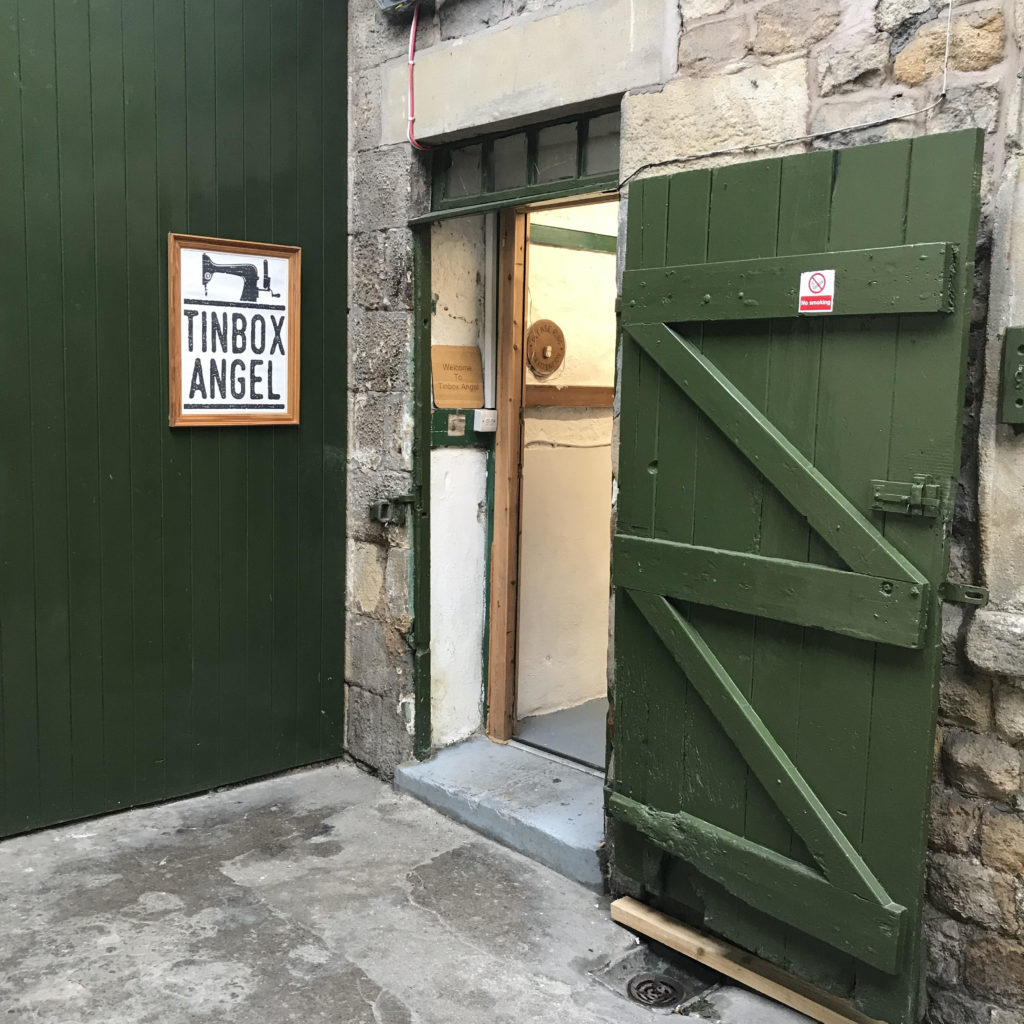
In January 2016, I joined the first cohort of women who had applied for a place in The Growing Club. The Growing Club is a CIC organisation helping women run and grow their businesses to their full potential. It was an exciting time for my business, and I underestimated the impact that joining this group would have on my future success.
After attending a seminar where Jane Binnion (founder of the GC) presented the pros and cons of social media at my son’s high school, I was suitably impressed and decided to look her up and booked her for some Facebook training for my business. After knowing more about my business, Jane suggested I attend the taster session for a new support group she was hoping to create, for women in small businesses.
I was a little reluctant to go and thought ‘not another networking event’ but something resonated with me. I went along, nervously to the taster session. I was warmly greeted and met other women, some with ideas for new businesses and some with businesses more established than my own. All the women were so friendly and helpful and for once, I didn’t like a fish out of water, there was no competitiveness or underlying aim to this group, it was simply to help women like me achieve their potential.
It has been over four years since I attended this initial meeting, and subsequent monthly training group which developed from that first session, and as a result, my business is so different to how it was then. I regularly attend other training through The Growing Club, and there is always something of interest on offer. Also, I meet my peer group and trainer from the original cohort regularly to discuss any issues we have with our businesses. Jane regularly mentors me, especially when she can see my focus is slipping. This peer group has been invaluable to me and I have a deep affection for every single one of these women, and I have no doubt that without the support The Growing Glub gave us in the early stages, many of these wonderful businesses would not be around today.
After about three months of joining The Growing Club, the realisation hit me like a thunderbolt that my business didn’t need to be a passive income and it could actually support my family and potentially provide employment for other people. The Growing Club had started to give me the tools and the ambition to think big and took me completely out of my comfort zone. It also supported me to ensure these thoughts were achievable and not just dreams.
Suddenly my mindset changed. I had to look at why my business wasn’t creating me any income, never mind any profit, and at this point, I had to change the entire way I was operating.
The hardest thing and still is today is having to say no to people. I found early on in my journey, that making one-off designs for people was never going to work and neither was some of the products I had enjoyed making for so long. I had to look at simplifying my whole business.
I invested heavily in someone to help me with my marketing and a website, bought some industrial equipment, stopped doing the one-off designs, and concentrated on my range of products that I could produce quickly and effectively. My business was no longer a small cottage industry, selling at school fairs: I was sending products across the country and further afield.
The changes I have had to make haven’t always proved popular with my customers, and I have lost quite of few of them from my early years; many who liked to set me challenges for little or no reward, and I am glad that I have freed myself from the hold of that this kind of business had over me. They were stopping me developing my business any further.
I decided never to discuss my business with anyone other than my ‘cheerleaders’. All of my Growing Club peers are my ‘cheerleaders’: we are travelling the same paths. I have learnt so much from being too open, people always have an opinion or an idea, so I politely listen and smile and usually say, oh I must try that when I am quiet.
I have learnt to believe in myself and love what I do. Now and then, I say to myself, “Wow you are so good at this!”. This is not something I would ever have done a few years ago, not even 12 months ago. The imposter in me still rears her ugly head now and then, but I know when she does, I simply create a new design or read my reviews. It knocks her right off her perch!
I know people look at me, and think ‘who does she think she is?’ or ‘she wouldn’t have got where she was without her early customers’, but in my heart of hearts, I know I deserve to be here and it has been sheer hard work that has got me here today.
I would say I am still on a huge learning curve and if my business was a mountain, I’m probably only half the way up the steep incline, but I can see the summit and what it is going to look like when I get there. I have no doubt that without the support from The Growing Club I would not be at this stage and probably still making aprons for school fairs. I have had some really tough times personally and professionally over the past few years, and since having The Growing Club in my life, I know I have a lifeline, and I boy have used it, especially recently during the Covid-19 pandemic.
My business experienced amazing growth over the past three years and since moving to Lancaster City Centre in September, orders have been consistent and I was starting to considering how I could take it to the next level and possibly look at employing someone to help me. I was so busy and my business was consuming my every waking moment of my life.
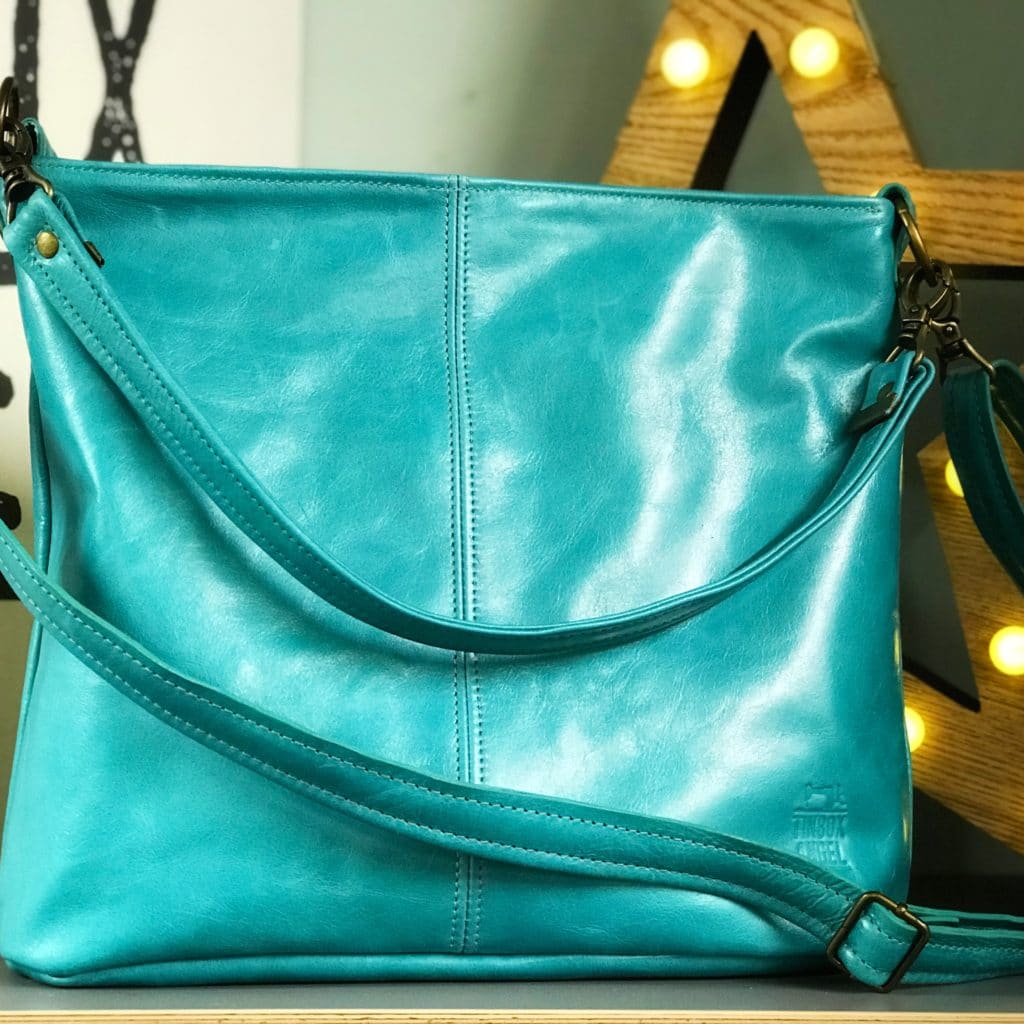
My turnover had tripled from the previous year and I was trying my best to control the growth and also ensure I could still provide the level service people had come to expect from me. January sales came and went, and February is notoriously a quiet month, and I was looking forward to time to breathe before Spring orders came along.
This year, however, it didn’t happen. The internet orders didn’t arrive, Lancaster town centre was deadly quiet and customers were no longer popping in. It was a different story less than three weeks previously, where some days I had not managed to produce any products for people calling in placing orders.
I had no orders. I kept saying, it’ll come next week, but it didn’t. People were watching the news and the reports about Covid-19 and were worried witless about their livelihoods and wellbeing. The lockdown, although we knew it was coming, was such a shock.
The night of the announcement, I travelled to my workshop and loaded up my car with materials and equipment. This wasn’t going to be a problem for me, I had worked from home until six months previously – I would just have to turn the clock back, but this proved impossible. My large workbenches and heavy industrial equipment could not be taken home. My suppliers were closing down, one-by-one, the orders weren’t coming in, so I decided to give in to the lockdown, stay home and listen for guidance from the government.
All the time we are listening daily to the death rate going up, this virus was coming and no one was immune. Who can blame anyone for not feeling like a leather handbag was what they needed? My finances had been shot to pieces too. I couldn’t expect people to behave differently than myself.
After a difficult six months – the closure of my husband’s business coincided with my business moving into premises – my anxiety was at an all-time high and our finances were so stretched. This was sure to put the nail in the coffin on all my hopes and dreams.
Important announcements were made early on, that was going to change our situation, and for that, I am so grateful. They were allowing self-employed people to register for Universal Credits and also removing the minimum income floor for people, which was a huge relief for my family. Without this, I have no doubt I could not feed my family.
The government also insisted mortgage companies allowed three months’ holiday for people, another massive help for our household. In addition to this, because my business had rates relief on the business premises, I was eligible for the £10,000 grant. I applied for it, and never for one minute thought I would get it. Who had ever heard of the government giving this kind of money away? It was just unthinkable. It was at that point that I started to worry, but the £10,000 landed. I am grateful to the local council for being so proactive distributing this.
I have been so grateful for so much online assistance providing help in the form of training, mentoring, meditation, wellbeing, motivational help and peer groups. The Growing Club has been exceptional in the support they have offered. Isolation would have been a lonely place without all this help available and I will never forget the organisations and people who are providing these services I am using daily to help me get through it.
My son was doing his A-Levels and things may have changed for his future regarding awarded grades due to cancelled exams, which could affect his university choice. My daughter is in year 10 – another key year. I’m grateful my children are older, therefore the home-schooling hasn’t been a problem. We have a nice garden too, so isolation hasn’t been an issue, and we live next to the coast, so exercise has been a pleasure. We have enjoyed our time together. I feel blessed.
I know I will come back stronger than ever after having this time to concentrate on the engine room of my business and I am so grateful for the financial assistance I have been awarded. It’s only a short-term fix and I will have to work so hard to get back to where I was before the virus struck. I fear this will take years rather than months, but I know I have been one of the lucky ones.
Half of businesses are just one payroll away from cashflow disaster and it has made me realise that it’s so important to have a contingency plan in place. We have already lost some great British companies before Covid-19 and I know we will lose more before we come out of this.
We are all human and we all need help sometimes. In this instance, most of us have needed help and for once, I think we will be better people for it. If only so many people hadn’t had to lose their lives during this crisis.
2020 is a year never to be forgotten.

